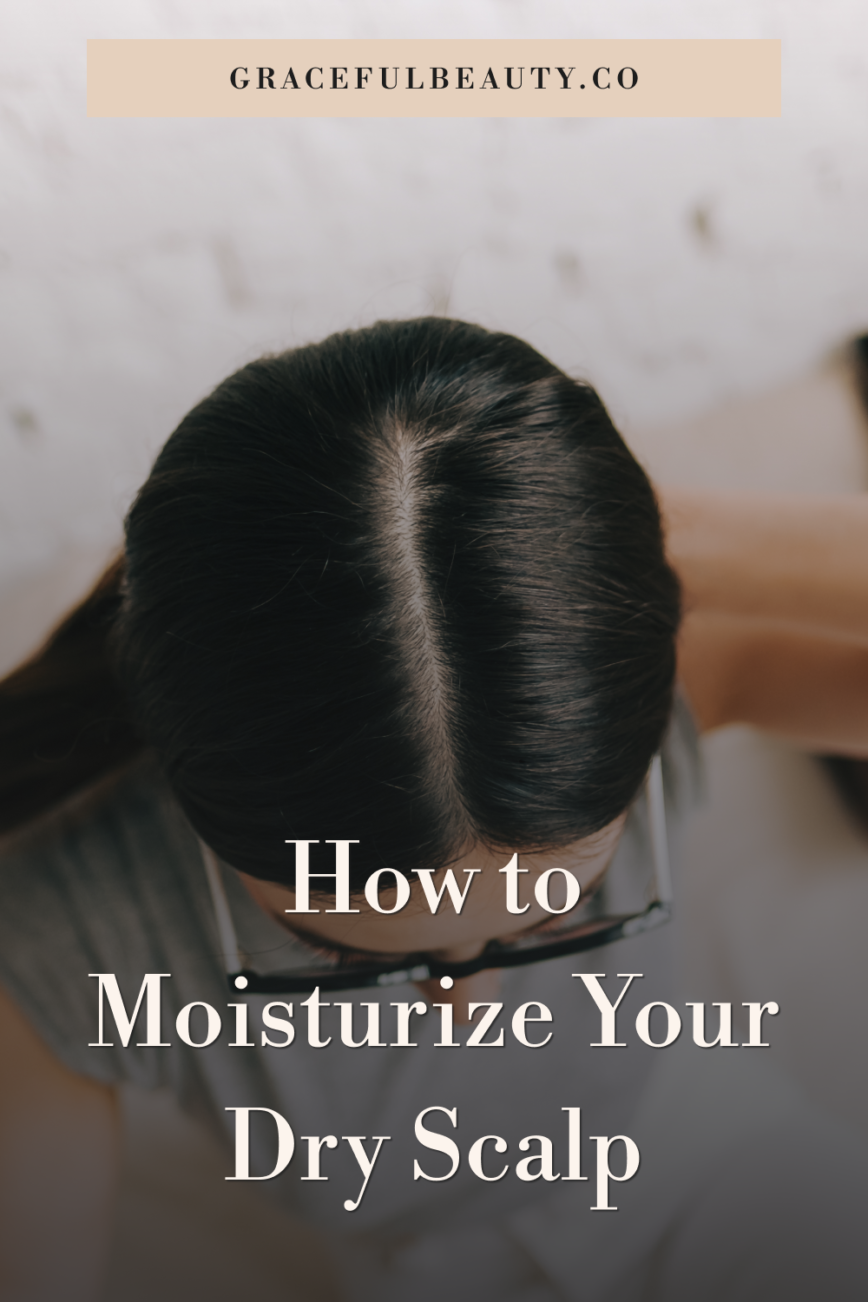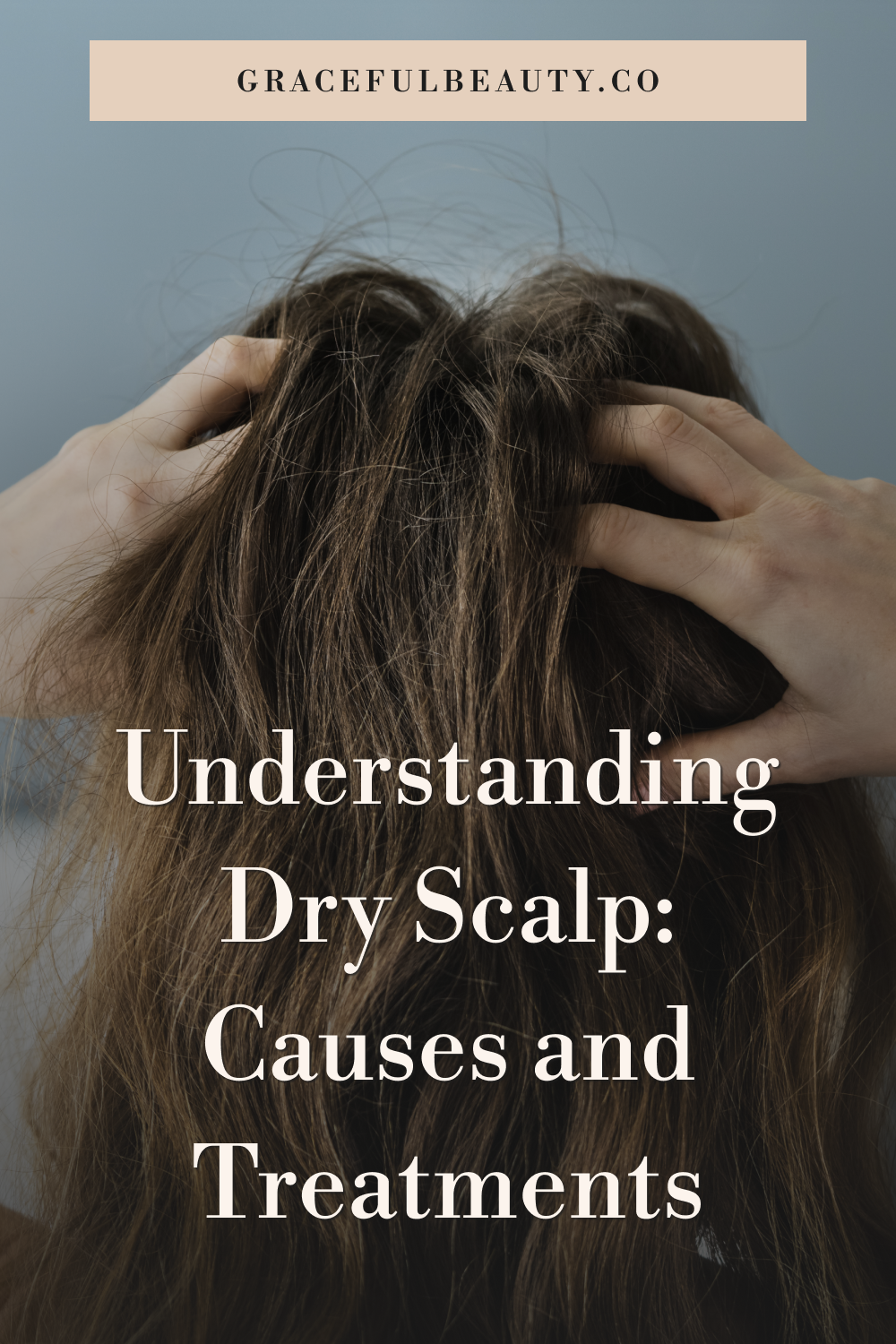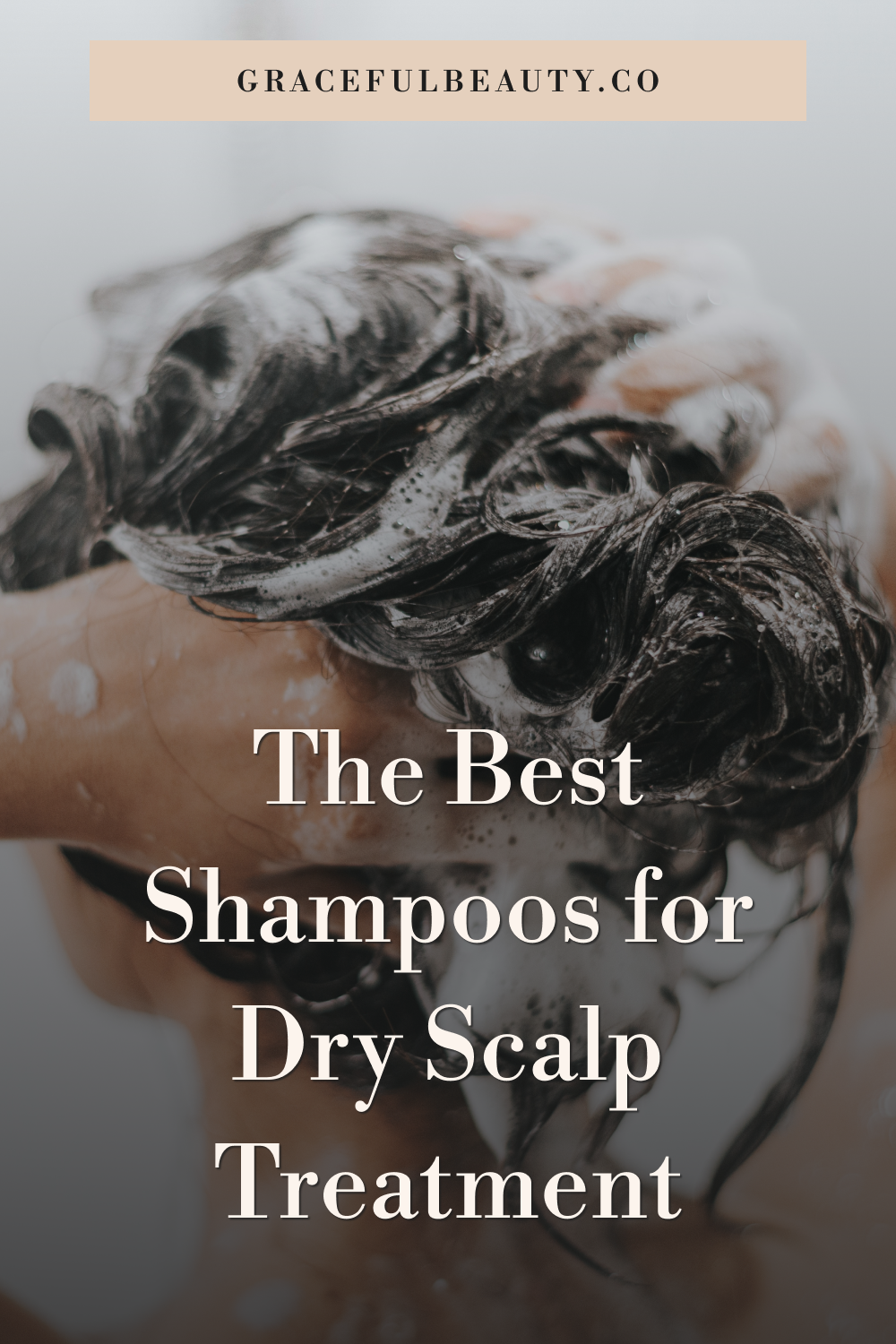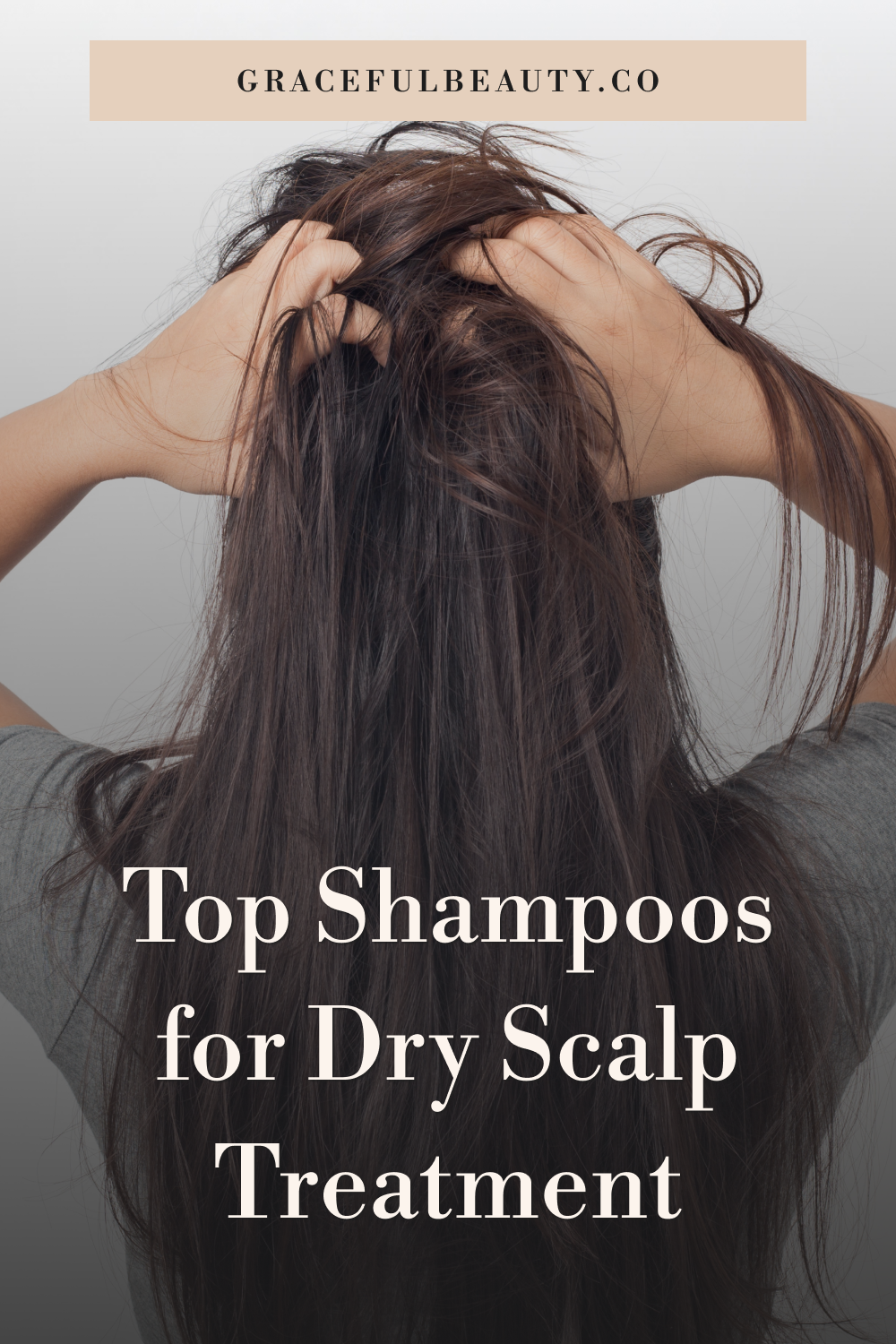
In this article, you will learn how to moisturize your dry scalp.
Understanding the causes of dry scalp and recognizing the signs that your scalp may require additional attention is essential for promoting a well-balanced environment for hair growth. With the right approach to moisturizing and maintaining hydration levels, you can ensure your scalp remains nourished, and your hair stays strong and vibrant.
Immerse yourself in the world of scalp care as we guide you through the critical steps to achieving a hydrated, healthy scalp that nurtures healthy hair. Read on to learn the unmistakable signs of dry scalp and uncover the best practices and remedies for maintaining lasting moisture and hair vitality.
Understanding Dry Scalp
Dry scalp can be a common issue for many individuals. It occurs when the scalp lacks proper moisture, leading to discomfort and potential skin irritation. Understanding the root causes of dry scalp and how it differs from dandruff is essential for effective management.
The Causes of Dry Scalp
Dry scalp can be a result of various factors such as harsh weather conditions, excessive use of hair products that strip natural oils, infrequent washing, or underlying skin conditions like eczema or psoriasis. Additionally, age, hormonal changes, and certain medications can contribute to the scalp’s dryness.
How Dry Scalp Differs from Dandruff
Dry scalp is often mistaken for dandruff, but they are distinct conditions with different causes. Dry scalp results from a lack of moisture, causing itchy and flaky skin. On the other hand, dandruff is linked to the overgrowth of a yeast-like fungus on the scalp, leading to larger, oilier flakes accompanied by inflammation.
Daily Habits to Prevent Dry Scalp
Taking care of your scalp on a daily basis is crucial in preventing dryness and maintaining healthy hair. Here are some daily habits that can help you prevent dry scalp:
Choosing the Right Shampoo
Selecting a gentle, moisturizing shampoo can make a significant difference in preventing dry scalp. Look for shampoos specifically formulated for dry or sensitive scalps. Avoid products with harsh chemicals like sulfates, as they can strip away natural oils and lead to dryness. Opt for shampoos containing ingredients like aloe vera, shea butter, or coconut oil, known for their hydrating properties.
The Importance of a Balanced Diet
Maintaining a balanced and nutritious diet is essential for overall health, including the health of your scalp. Foods rich in omega-3 fatty acids, such as salmon and flaxseeds, can help nourish the scalp and prevent dryness. Additionally, incorporating vitamin E-rich foods like almonds and spinach can promote scalp circulation and moisture retention.
Hydration and Your Scalp
Proper hydration is not only beneficial for your body but also for your scalp. Drinking an adequate amount of water helps maintain scalp moisture, preventing dryness and itchiness. Aim to drink at least 8 glasses of water per day to keep your scalp and hair well-hydrated. In addition to internal hydration, consider using a hydrating scalp treatment or oil to lock in moisture and nourish the scalp.
Natural Remedies for Dry Scalp
A dry, itchy scalp can be effectively relieved at home with natural remedies, such as rinsing with apple cider vinegar or using oils and other moisturizing ingredients. Here are some natural remedies you can try:
Essential Oils for Scalp Moisture
Infusing essential oils into your scalp care routine can help alleviate dryness and itching. Essential oils like tea tree oil, lavender oil, peppermint oil, and rosemary oil possess hydrating and soothing properties that can nourish the scalp and promote moisture retention. Incorporating a few drops of these essential oils into carrier oils like coconut oil or jojoba oil can create a beneficial scalp treatment.
DIY Scalp Treatments with Household Ingredients
Creating DIY scalp treatments using common household ingredients can be an effective way to combat dry scalp. Ingredients such as aloe vera, coconut milk, honey, and yogurt can be mixed to form nourishing scalp masks. These ingredients possess moisturizing and conditioning properties that can help alleviate dryness and restore the scalp’s natural balance. Additionally, incorporating apple cider vinegar into scalp rinses can aid in rebalancing the scalp’s pH levels, potentially reducing itchiness and flakiness.
Over-the-Counter Solutions
When it comes to addressing a dry scalp, over-the-counter solutions offer a range of moisturizing products designed to alleviate discomfort and restore balance. From moisturizing shampoos and conditioners to scalp serums and lotions, there are various options available for nourishing the scalp and improving its condition.
Moisturizing Shampoos and Conditioners
Moisturizing shampoos and conditioners are formulated to hydrate and soothe the scalp while cleansing the hair. Look for products containing ingredients like tea tree oil, coconut oil, shea butter, and aloe vera, as these can provide much-needed moisture to the scalp. Regular use of moisturizing shampoos and conditioners can help to alleviate dryness and flakiness, leaving the scalp feeling more comfortable and nourished.
Scalp Serums and Lotions
Scalp serums and lotions are specifically designed to target dryness and provide intense hydration to the scalp. These products often contain concentrated ingredients such as hyaluronic acid, glycerin, and vitamin E, which can help to replenish moisture and restore the scalp’s natural balance. Applying scalp serums and lotions directly to the scalp can offer immediate relief and long-term nourishment for dry, irritated skin.
When to Consider a Scalp Treatment
If over-the-counter shampoos, conditioners, serums, or lotions do not provide adequate relief for a dry scalp, it may be time to consider a scalp treatment. Professional scalp treatments offered at salons or dermatology clinics can provide targeted care for persistent dryness or scalp conditions. These treatments often involve custom blends of nourishing ingredients and specialized application techniques to address specific scalp concerns effectively.
In the next section, we will explore the benefits of natural remedies for moisturizing a dry scalp, offering gentle yet effective options for scalp care.
How to Properly Apply Moisturizers
Applying moisturizer to your dry scalp can help provide relief from itching and flaking while promoting a healthier scalp. Here’s a step-by-step guide to moisturizing your scalp:
Step-by-Step Guide to Moisturizing Your Scalp
- Section Your Hair: Divide your hair into small sections to ensure even application of the moisturizer to your entire scalp.
- Apply Moisturizer: Using your fingertips, apply a small amount of moisturizer to each section of your scalp. Gently massage the product in using circular motions to ensure thorough coverage.
- Focus on Dry Areas: Concentrate on areas that are particularly dry or itchy, ensuring that the moisturizer is evenly distributed.
- Avoid Over-Saturation: Be mindful not to over-saturate your scalp with product, as this can lead to buildup and weigh down your hair.
Common Mistakes to Avoid
- Using Too Much Product: Resist the urge to apply an excessive amount of moisturizer, as this can lead to greasy hair and scalp.
- Neglecting Massaging: Ensure that you massage the moisturizer into your scalp thoroughly to stimulate blood flow and enhance absorption.
- Skipping Sections: Take the time to cover every part of your scalp, as neglecting certain areas can result in inconsistent moisture levels.
Lifestyle Changes for a Healthier Scalp
Maintaining a healthy scalp goes beyond just using the right products. Lifestyle changes play a significant role in achieving a balanced and nourished scalp. Considering stress management techniques and protecting your scalp from the elements can make a considerable difference in the overall health of your scalp.
Stress Management Techniques
Stress can have a profound impact on the health of your scalp. It can lead to increased oil production, dehydration, and even hair loss. Engaging in stress-reducing activities such as yoga, meditation, or deep breathing exercises can help in managing stress levels and promoting a healthier scalp. By reducing stress, you can maintain a balanced scalp environment, which is essential for healthy hair growth.
Protecting Your Scalp from the Elements
Exposure to the elements such as harsh sunlight, extreme cold, and pollution can take a toll on your scalp’s health. Wearing a hat or using a scarf to shield your scalp from direct sunlight and harsh weather conditions can prevent scalp damage. Additionally, using products with UV protection can further safeguard your scalp from harmful sun rays, ensuring its overall well-being.
By incorporating stress management techniques and protective measures against environmental factors into your lifestyle, you can significantly contribute to maintaining a healthier scalp, setting the foundation for luscious and vibrant hair.
Stay tuned for the next section on the importance of a balanced diet for scalp health.
When to See a Professional
If you’ve tried various at-home remedies and still struggle with persistent dry scalp issues, it may be time to seek professional guidance. Here are some signs that indicate your dry scalp needs medical attention:
Signs Your Dry Scalp Needs Medical Attention
- Persistent Itching and Flaking: If your dry scalp is accompanied by persistent itching and flaking that does not improve with over-the-counter treatments, it could be indicative of an underlying scalp condition that requires medical intervention.
- Bleeding or Cracking: Severe dry scalp can lead to skin cracking and in some cases, bleeding. If you experience these symptoms, it’s essential to consult a dermatologist or a healthcare professional.
- Discomfort and Irritation: If your dry scalp causes significant discomfort, irritation, or even pain, seeking professional help is crucial to identify the underlying cause and receive appropriate treatment.
When these symptoms are present, professional evaluation is essential to address the root cause of your dry scalp issues effectively.
Professional Treatments for Severe Dry Scalp
Professional treatments for severe dry scalp may include prescription-strength medicated shampoos, scalp treatments, or topical ointments formulated to address specific scalp conditions. A dermatologist or trichologist can provide personalized recommendations based on the underlying cause of your dry scalp.
In some cases, diagnostic tests may be necessary to identify any underlying skin conditions or infections contributing to the dry scalp. Seeking professional help ensures that you receive targeted treatments that are tailored to your specific scalp needs, leading to effective relief and long-term scalp health.
Final Thoughts
Incorporating scalp moisturization into your hair care routine is essential for maintaining a healthy scalp and vibrant hair. By understanding the causes of dry scalp and implementing targeted remedies, you can effectively combat dryness, flakiness, and irritation. Remember to prioritize gentle, sulfate-free shampoos, lukewarm water for washing your hair, and consider microbiome-balancing treatments to rebalance the scalp’s natural ecosystem for long-term relief. Embracing these practices will nurture a well-hydrated scalp and promote overall hair vitality.





